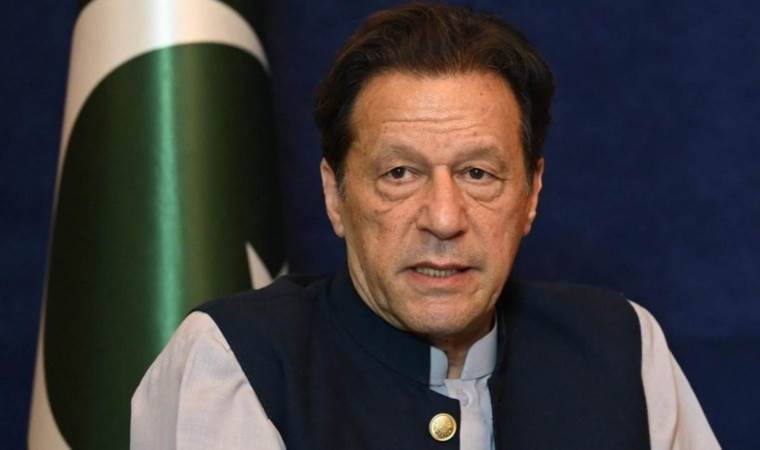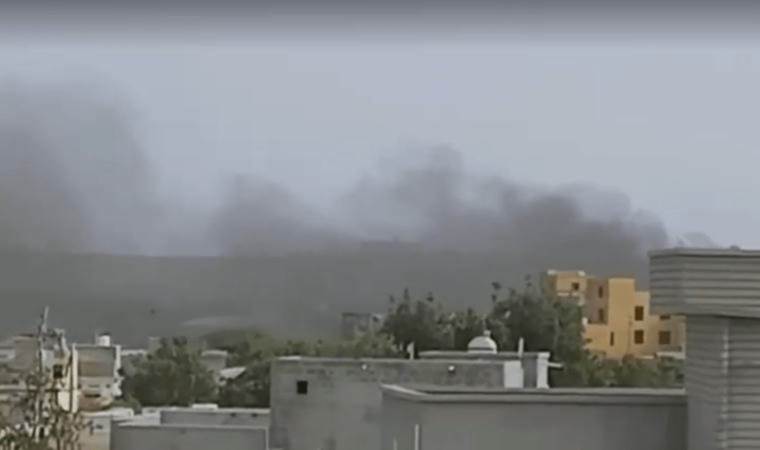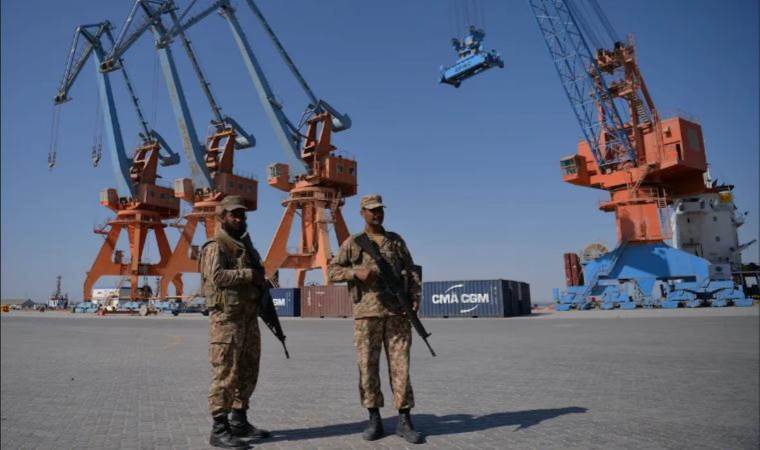Detention of Imran Khan violates international law, UN working group says
U.N. human rights group called on Pakistan for immediate release after former president Imran Khan's detention, citing the action to be against international law.

Former Pakistani Prime Minister Imran Khan's detention is arbitrary and in violation of international law, a U.N. human rights working group said in an opinion issued on Monday, adding the jailed politician should be released immediately.
The Geneva-based U.N. Working Group on Arbitrary Detention said that the "appropriate remedy would be to release Mr. Khan immediately and accord him an enforceable right to compensation and other reparations, in accordance with international law."
The U.N. working group said Khan's legal woes were part of a "much larger campaign of repression" against him and his Pakistan Tehree-e-Insaf (PTI) party. It said that in the lead up to the 2024 elections, members of Khan's party were arrested and tortured and their rallies were disrupted. It also alleged "widespread fraud on election day, stealing dozens of parliamentary seats."
The Pakistani embassy in Washington had no immediate comment. Pakistan's election commission denies that the elections were rigged.
Khan has been in jail since last August and was convicted in some cases ahead of a national election in February. He is also fighting dozens of other cases which are continuing. Khan and his party say the charges were politically motivated to thwart his return to power.
In recent months, Pakistani courts have suspended Khan's jail sentences in two cases about the illegal acquisition and sale of state gifts, and also overturned his conviction on charges of leaking state secrets.
However, he has remained in prison due to a conviction in another case in which a trial court ruled that his 2018 marriage was unlawful. Khan also faces a trial under anti-terrorism charges in connection with violence in May last year.
Khan came to power in 2018 and was ousted in 2022 after falling out with Pakistan's powerful military. He alleged the U.S. and Pakistani military played a role in his ousting through a parliamentary no-confidence vote. Both deny the accusations.
Multiple legal cases were brought against Khan after he was ousted which disqualified him as a candidate in February's election.
Despite not running himself, candidates backed by Khan secured the highest number of seats, but the Pakistan Muslim League-Nawaz (PML-N) and Pakistan Peoples Party (PPP) formed a coalition government.
The U.S., Britain and the European Union expressed concern about reported irregularities in the elections and urged a probe while United Nations Secretary-General Antonio Guterres expressed concern about violence and the suspension of mobile communications services during the elections.




